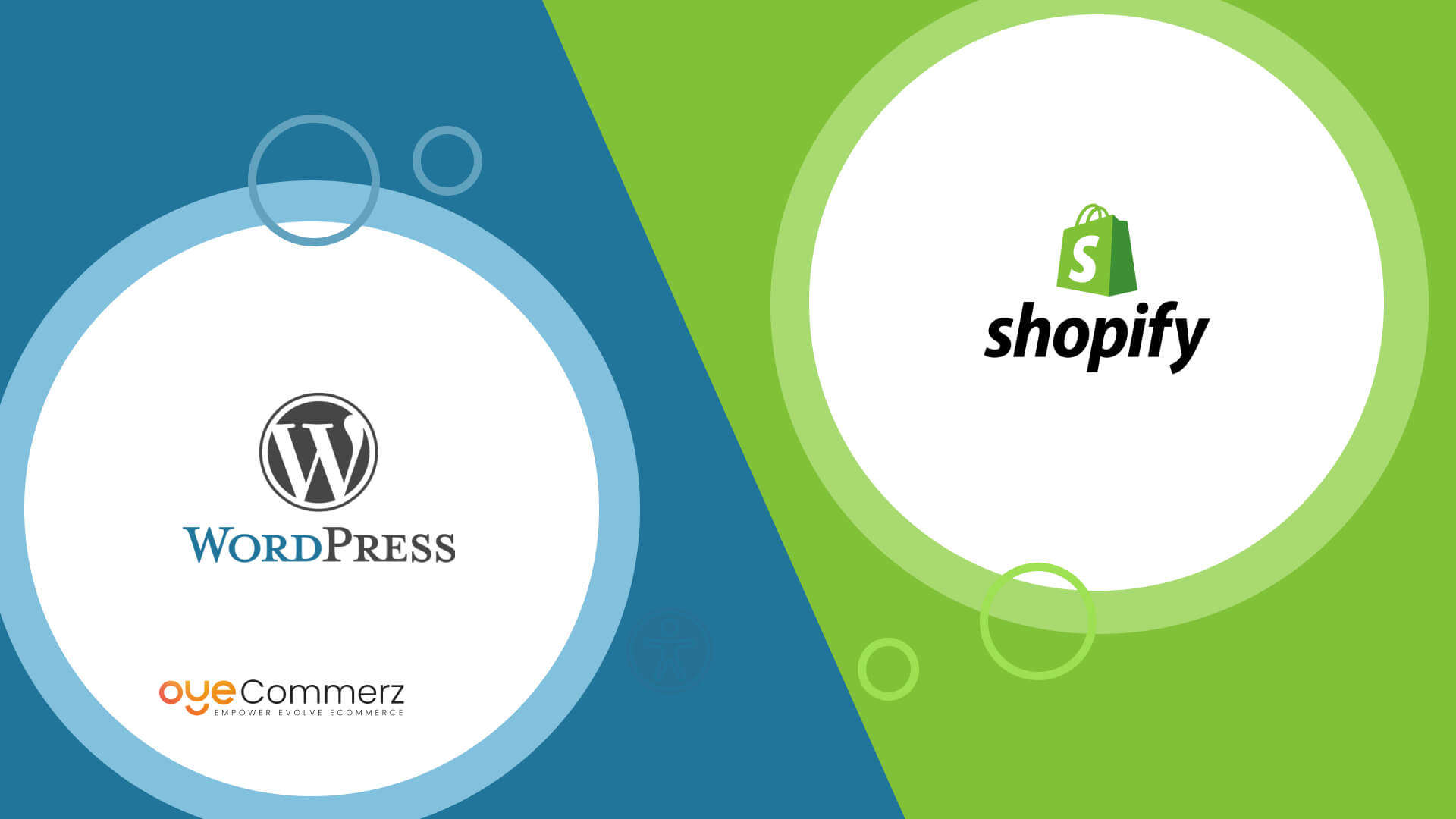In the dynamic sphere of digital commerce, selecting the optimal system is essential for your brand’s success. If you’re presently using WP and planning a migration to Shopify, you’re not alone. Countless businesses are making this transition to utilize Shopify’s powerful tools, user-friendliness, and growth potential. This guide will take you through the steps of migrating from WordPress to Shopify smoothly, making sure that you achieve your online retail potential.
Why Switch from WP to this platform?
Prior to exploring the migration journey, it’s essential to understand why this shift can be helpful for your digital storefront:
Accessible Tools: Shopify features an user-friendly dashboard that simplifies store management, enabling for non-technical users.
Flexibility: As your company develops, Shopify can support increased traffic and transactions without compromising performance.
Integrated Features: Shopify includes built-in tools for SEO, analytics, payment processing, and additional functionalities, eliminating the necessity for several plugins.
Enhanced Security: With Shopify, you get access to robust security measures that safeguard critical customer information.
Steps for a Smooth Migration
Migrating your eCommerce site from WP to Shopify involves several steps.
Here’s how to ensure a smooth transition:
Prepare Your Migration Strategy
Kick-off by mapping out your migration plan. Pinpoint which elements of your existing site you wish to move, such as:
Item details
User details
Purchase logs
Posts
Choose the Appropriate Migration Package
Depending on your preferences, opt for a migration plan that suits your store. Professional services delivers several plans:
Starter Package: Suitable for small stores with minimal products.
Mid-Tier Plan: Suitable for growing businesses with more complex needs.
Comprehensive Solution: Excellent for larger stores needing extensive customization.
Secure Your Content
Ahead of initiating the migration, ensure that you have a full copy of your WordPress site. This step is essential in situations where anything goes off track during the transfer.
Export Your Content from WP
Leverage extensions or custom scripts to extract key content from your WordPress site:
Products
Customers
Sales records
Blog posts
Import Information into Shopify
When you have your data exported, employ Shopify’s import tools or third-party apps to transfer your information into your new store. Ensure that all data is properly organized and aligned.
Personalize Your Shopify Site
Following migrating information, adjust your Shopify site’s layout to align with your style. Consider hiring a developer if you need complex customization.
Set Up Payment Gateways and Shipping Options
Arrange transaction methods and delivery choices in Shopify to create a smooth purchase experience for customers.
Adopt Search Engine Optimization Standards
To preserve your SEO performance during the change:
Implement 301 URL mappings from existing URLs to new ones.
Update meta tags.
Optimize media and text for search engines.
Test Your New Store
Prior to launching, thoroughly check your migrated platform. Identify any discrepancies, checkout failures, or incomplete files.
Launch Your Store
After everything is in order, it’s time to go live! Share the update to Shopify built-in analytics your clients and motivate them to experience the enhanced features of your Shopify store.
Post-Migration Assistance
Following releasing your new Shopify eCommerce solutions store, ongoing assistance is essential. Consider engaging professionals who can help with:
Troubleshooting
Customer engagement
Performance optimization
Conclusion
Migrating from WP to this platform can be a transformative move for your digital business. By using this guide and leveraging experts like those offered by industry leaders, you can achieve a smooth transition that boosts your business potential. Accept the change and discover the full capabilities of Shopify today!
